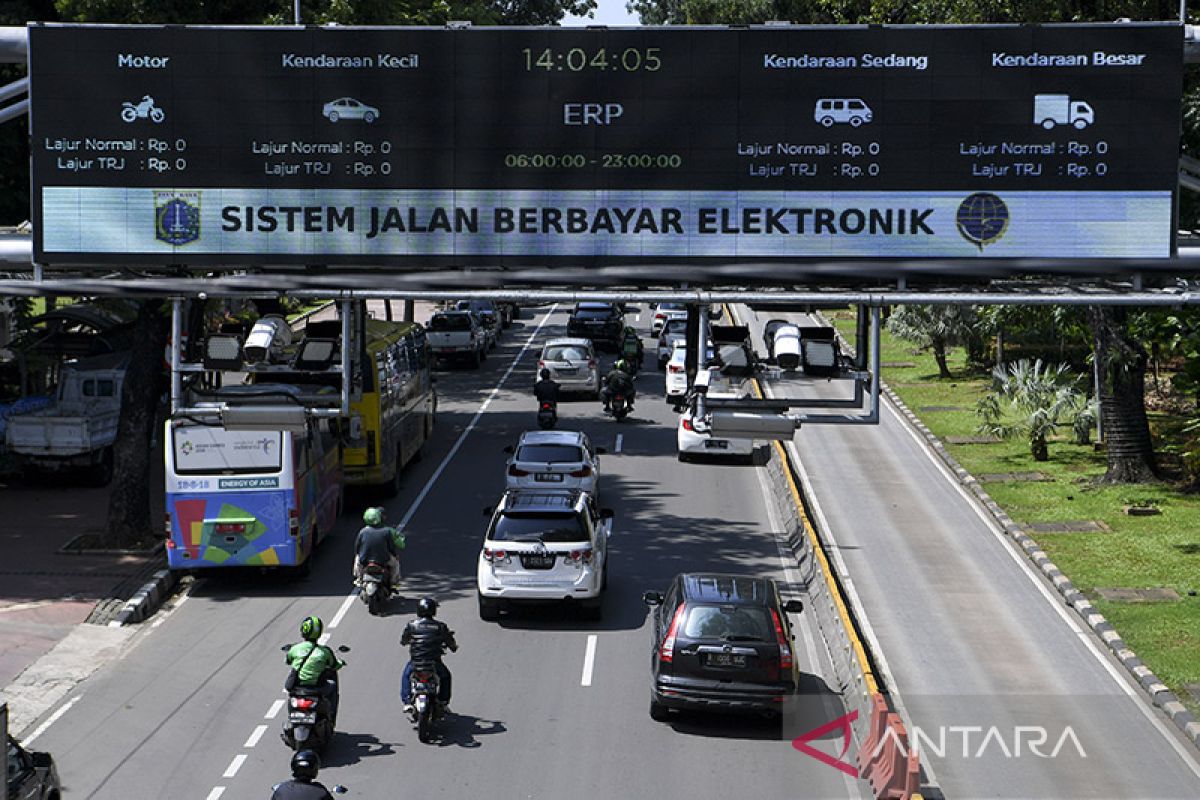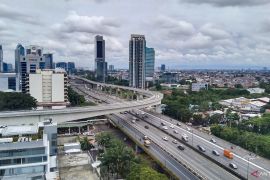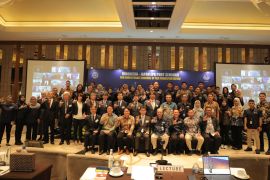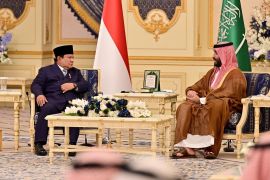"The discussion is still in the Jakarta DPRD. It is still in the form of draft regional regulation,” Hartono stated at the Jakarta City Hall on Monday.
The acting governor revealed that the discussion on ERP implementation at several locations in the capital city required a long process and seven stages.
In discussing the draft regional regulation, the Jakarta DPRD involved the city’s transportation office.
Several important indicators were being discussed, such as the amount of tariffs, which had also been listed in the program at the Regional Regulations Formation Agency (Bapemperda) related to electronic traffic control.
Related news: Discussion ongoing with central government over ERP tariff in Jakarta
Earlier, the Jakarta Transportation Office had proposed that the tariff for ERP should range from Rp5 thousand to Rp19 thousand according to the type of vehicle.
In the regulation draft, ERP enforcement excludes electric bicycles, yellow plate motorized vehicles, government operational vehicles, and vehicles of the Indonesian Military and National Police (TNI/Polri).
Moreover, the vehicles of diplomatic corps of foreign countries, ambulances, hearses, and fire trucks are excluded from the ERP.
When it officially becomes a regional regulation, there will be derivative rules, such as a gubernatorial regulation or governor's decrees.
Furthermore, the preparation of ERP in Jakarta will continue to business matters, such as which institution will manage ERP, the locations of the implementation, and the tariffs.
The regulation on ERP is planned to be named the Regional Regulation on Electronic Traffic Control that has 12 chapters and 29 articles.
According to the draft, ERP is planned to be operated every day from 5 am to 10 pm local time on 25 road sections in Jakarta in stages.
Related news: Jakarta to launch road pricing scheme in 2020
Translator: Dewa W, Kenzu
Editor: Yuni Arisandy Sinaga
Copyright © ANTARA 2023












